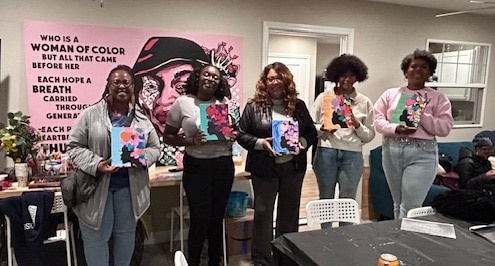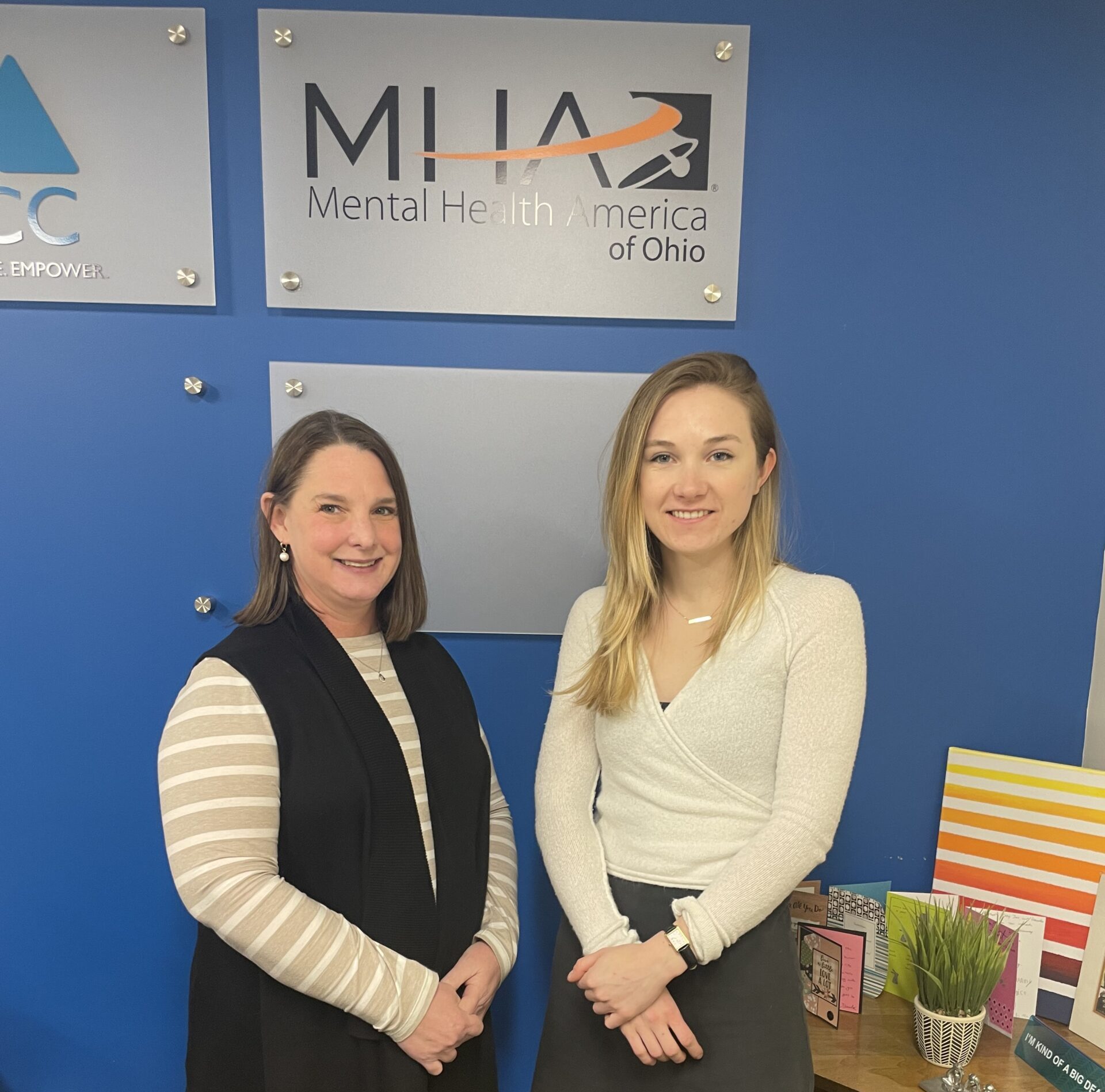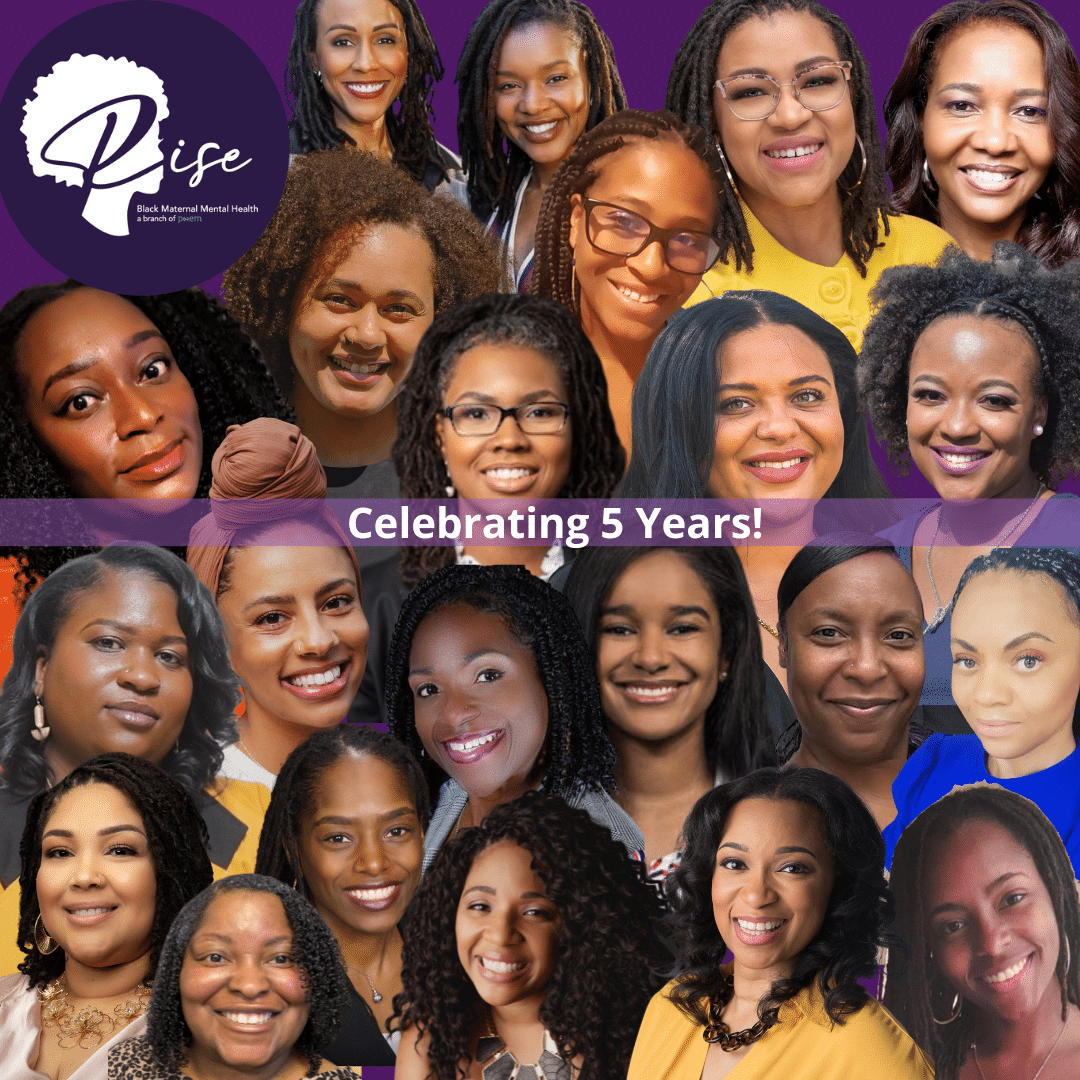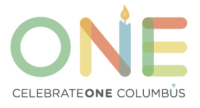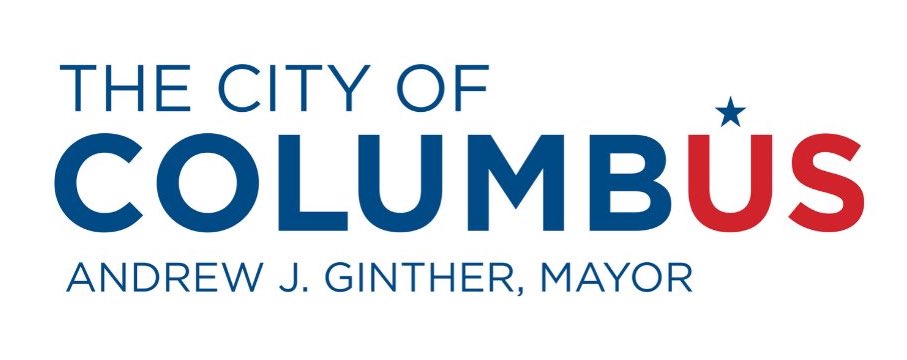They say “it takes a village to raise a child.” I have heard this saying ever since I was a child, but I did not fully understand it until I became a parent. Children, like all humans, are multi-faceted. No two children are alike, just as no two pregnancies are alike, and no two perinatal journeys are alike. When we speak about needing a “village” to raise our children, we may think about pediatricians, daycares, or friends and family that we trust with our babies. However, this is only a small piece of the village. Our concept of a village must be widened to include the mental and physical health of the birthing person and their caregivers. In this “village,” they are the chiefs.
It is no secret that mental health care has not always been a priority in our culture, where access to care is often viewed as a luxury rather than a necessity. In an individualistic society, like the United States, people are often expected to just make do and be thankful while figuring out their problems on their own. Accelerated by the pandemic, cultural views on mental health care are changing. Therapy is becoming more normalized, and more people are able to speak up about their mental health with less stigma attached. However, this shift in attitude and mental health care accessibility is unfortunately not benefiting all people equally. Race, gender, sexual orientation, age and several other factors all affect one’s likelihood of accessing good quality care, but the barrier that stands out most to me is immigrant status. When thinking of raising a child in a “village” for parents and caregivers, that village looks very different depending on the backgrounds and experiences of the parents and caregivers in question.
I, myself, am an immigrant. I was born and raised in Nigeria, and moved to the United States at age 12. I offer my perspective after experiencing the approach to mental healthcare and the transition into parenthood from two very different cultures. I have also experienced the benefits and the drawbacks of each approach. One truly cannot be placed above another, but we can choose to learn and draw from both in order to round out our own personal villages.
Nigeria, like a lot of West African countries, is a collectivist culture. Nigerian culture prioritizes the needs of the whole rather than of the individual. Everyone looks out for everyone else in the community, and it is the expectation that one will sacrifice something for the betterment of the majority. The United States’ individualistic culture is a sharp contrast. The independence and personal freedoms of each individual are prioritized over the collective needs of the population. The expectation is that individuals will do what they must to satisfy one’s own needs and goals. Each of these has a very different effect on mental health care and the way our “villages” look. Both can learn and draw from each other.
I watched my mother and several aunties go through pregnancy and childbirth as a child in Nigeria. Something I remember very vividly was the community. Our house was hardly empty during my mom’s pregnancy. She had a very difficult pregnancy and was on bedrest for much of it. However, there was never a lack of cousins, aunts, and family friends visiting to cook, clean, take care of my mom, and take care of my brother and me. These services were expected. My mother did it for several of them during their pregnancies, and they, in turn, did it for her. After my mother gave birth to my little sister, my grandmother moved in and stayed with us for a few months while my mom recovered. This was also expected, and is a part of our culture. The immediate physical support was always there and did not need to be asked for. However, my mother had also suffered from a miscarriage in the past, and had a traumatic pregnancy and birth. There was no outlet to process those feelings. There was still an expectation for her to be “okay,” even when she may not have been. There was the expectation of receiving countless guests right after birth, of bouncing back quickly, of being able to breastfeed, and to be “okay” doing it all. After giving birth, it was expected that she would quickly return to worrying about the needs of the collective whole rather than her own.
I, on the other hand, gave birth to my son in the United States, in the middle of the pandemic. Due to restrictions at the time, my husband and I were the only two people allowed in the hospital during my delivery. Unfortunately, I also faced a traumatic birth that almost ended in death. The first two days after birth were some of the worst days I have ever experienced. I was clueless and overwhelmed. I had no idea how to breastfeed, how to properly change a diaper, or how to even hold my baby’s neck up. Worst of all, immediately after giving birth, I did not have my mother there to show me the way. In keeping with our culture, my mother stayed with my husband and I for the first two months of my son’s birth. I am thankful every day for those two months. However, when it came time for her to leave, I truly saw how ALONE I was in this parenting journey. Since lockdown was still in effect, we had no guests. I didn’t have to seem “okay,” or bounce back quickly, nor did I have to entertain guests while recovering physically and mentally. However, I also didn’t have anyone to catch me when I fell, especially when my husband and I both went back to work. I didn’t have countless aunties and grandmas ready to carry my son so I could take a shower, get some food, or just sit and do nothing for a minute. Even now, two years later and lockdown lifted, I have to shake off the feelings of guilt when I ask for childcare help because it is not an expectation in this culture.
Upon reflection, I believe we can draw from both “villages.” My mom’s village was bustling and overflowing, and with that came the sacrifice of privacy, hearing unsolicited opinions, and pretending to be doing better than she was. My village in America was emptier. With that, I was able to recover at my own pace and put all my focus on my family, but I also felt so much emptiness. I would have traded a little privacy for the security of knowing I was not alone in this journey.
Ultimately, it does take a village to raise a child. It also takes a village to support a birthing person. Most important is having the tools and the agency to choose what your village looks like. In this village, birthing persons are the chiefs, and they get to choose how that village works. I wish a thriving, supportive, and intuitive village for all birthing people, and I wish them the empowerment to choose that village as they see fit.
Toluwalope Schneider is a POEM Program Coordinator at Mental Health America of Ohio. After experiencing a traumatic birth and post-partum experience in the middle of the COVID-19 pandemic, Tolu developed a passion for supporting pregnant people and parents struggling with mental health, and found POEM. Before joining the POEM team, she went to The Ohio State University and majored in Psychology. She interned at the National Suicide Prevention Hotline, responding to calls from people in crisis situations. After graduating, Tolu worked as a Direct Care Worker and a QMHS. She then went on to teach Social Studies and Science to Kindergarten and First Grade.
Learn more about how to access POEM services here.



